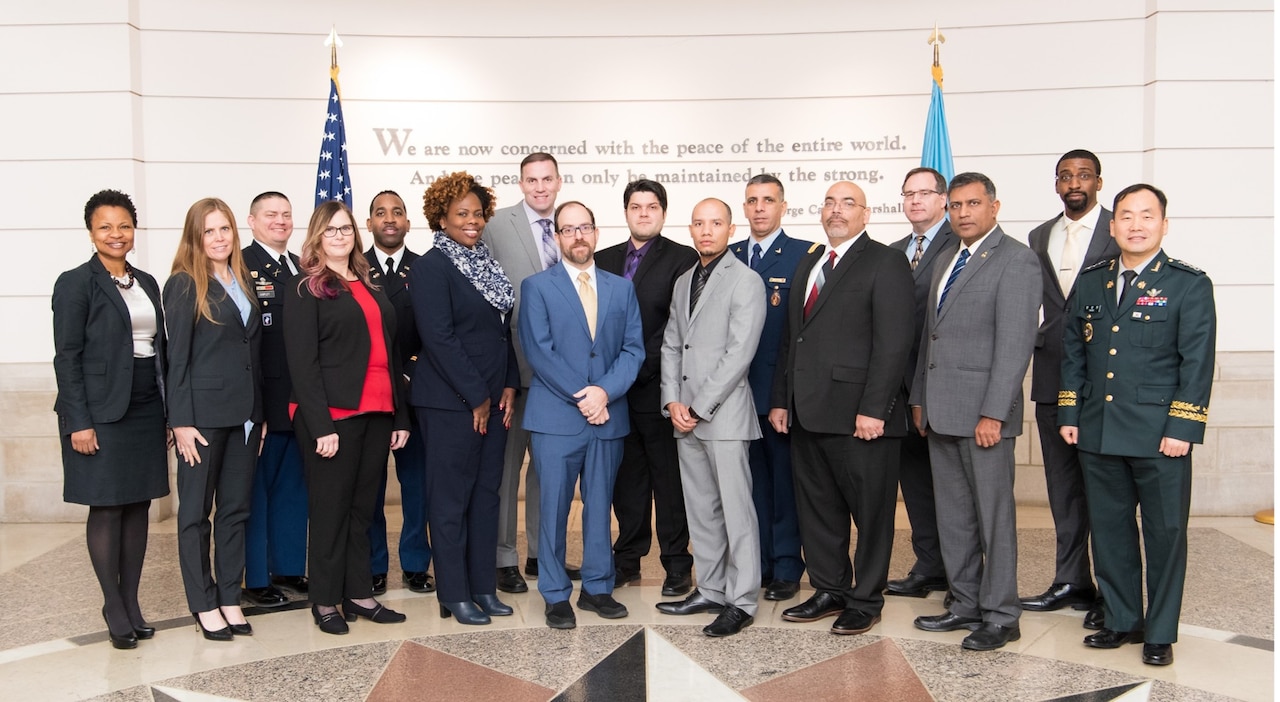April 10, 2020 | BY Terri Moon Cronk , DOD News
Military medicine is at the front lines of the national COVID-19
response, bringing unique and agile expertise and rapidly deployable resources
to the fight, the assistant secretary of defense for health affairs said.
Thomas McCaffery told Pentagon reporters today that the
Defense Department and its Military Health System have mobilized active and
reserve components of doctors, nurses and medical technicians to two ships and
numerous expeditionary field hospitals around the country to support local
health care systems.
McCaffery and other leaders of the Military Health System
took reporters' questions about the military medical sector being in the middle
of the COVID-19 battle.
For example, some 30,000 National Guard service members are
offering frontline care to community-based testing, distributing personal
protective equipment, medical supplies, food and water, all part of the
concerted national response to serve and support hard-hit communities,
McCaffery said.
For the first time in its more than 40-year history, the
Uniformed Services University of the Health Sciences – the military's own
medical school — has graduated nurses and doctors early so they are on the
front lines of the COVID-19 response, he noted.
The Military Health System also is heavily involved in
better understanding the virus, how to treat it, and how to prevent it.
"We are putting all the best brains in our military
medical research facilities, working in partnership with other federal agencies
on future treatments and vaccines," McCaffery said. "Our research
experts are focusing in on diagnostic testing, … [using] robust laboratory
networks to perform testing, and pursuing additional types of diagnostic
capabilities to include serologic testing to assess the patients' blood for the
presence of COVID-19 antibodies."
DOD also has invested $75 million to research three vaccine
candidates, McCaffery said, adding that the department is collaborating closely
with other federal research efforts.
"These medical research teams continue to be at the
forefront in support of the whole-of-government response to this
pandemic," he added.
DOD is working hard to ensure its beneficiaries have
continued access to the care they need by ramping up virtual health
capabilities, establishing drive-up testing sites and putting the right
protection measures in place to minimize exposure risk to patients and health
care workers, McCaffery emphasized.
The department has expanded its nurse advice telephone line
to include over-the-phone screening tools to meet the surge witnessed just
weeks ago, he said, noting that it now handles up to 9,000 calls a day from
people who need medical consultation.
To reach the advice line, visit the MHS Nurse Advice Line
website for web chat and video chat or dial 1-800-TRICARE (874-2273) and choose
option 1.
DOD's medical treatment facilities are putting in place
pharmacy drive-throughs and curbside delivery, in some cases up to 1,200
vehicles and patients a day, McCaffery said, "demonstrating our ability to
protect our people while also staying mission-ready."
"At the same time," he continued, "we haven't
let up supporting combat readiness for service members, even while we've surged
laboratory and research facilities to support national and international
events."
As it contends with a historic challenge for the nation,
McCaffery said, the Military Health System is bringing all it has to bear in
the fight from highly trained medical providers and a world-class health care
system to cutting-edge research and development expertise in a wide-ranging
arsenal.
On military combat capabilities, the system is trained to be
agile and adaptable, he said. "That's why we're here," he added.
"And that's what we do across the Military Health System. That's what you
see in action today."
The men and women serving in the military medical field are
delivering today on the front lines of hospitals and clinics, in the labs and
behind scenes, advancing the priorities of the department to protect the
American people, maintain national readiness and support the nation's needs, he
said.









